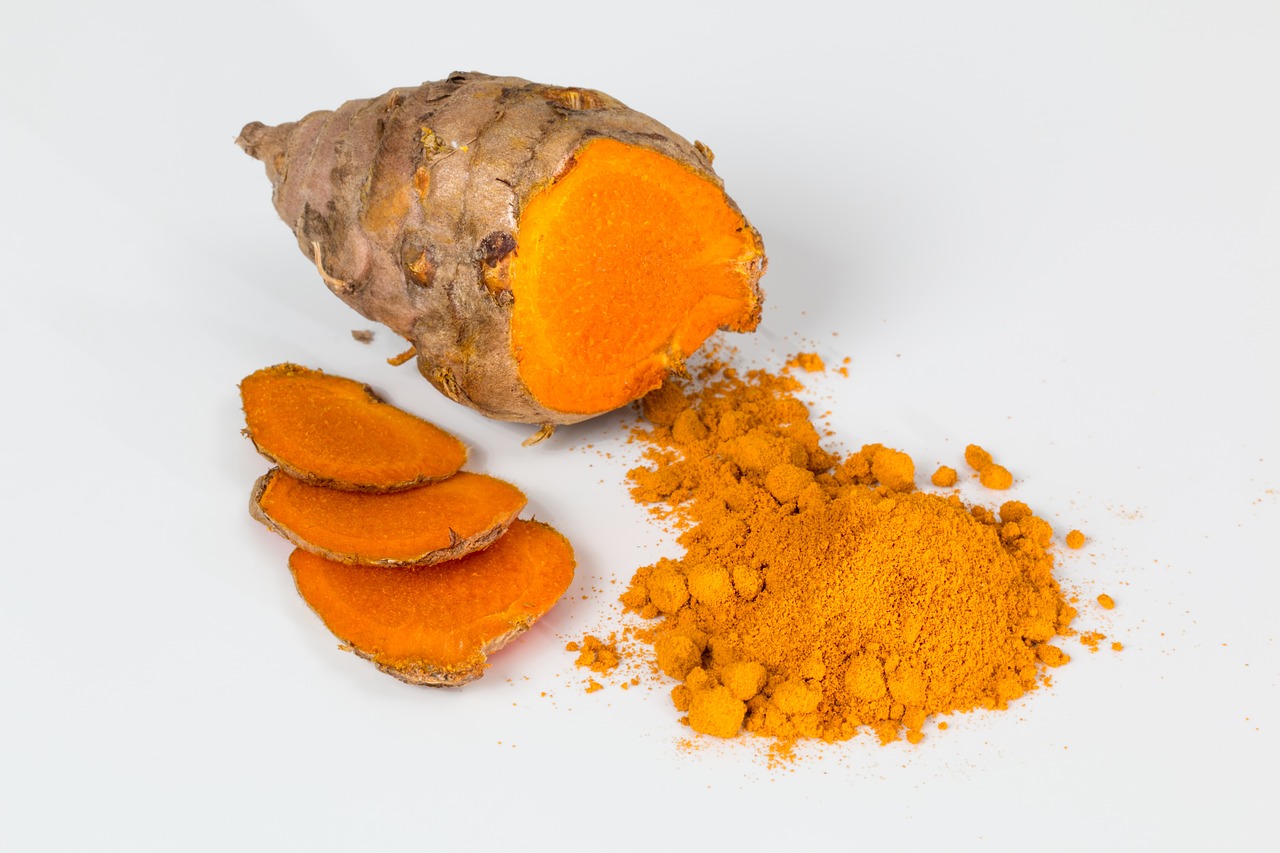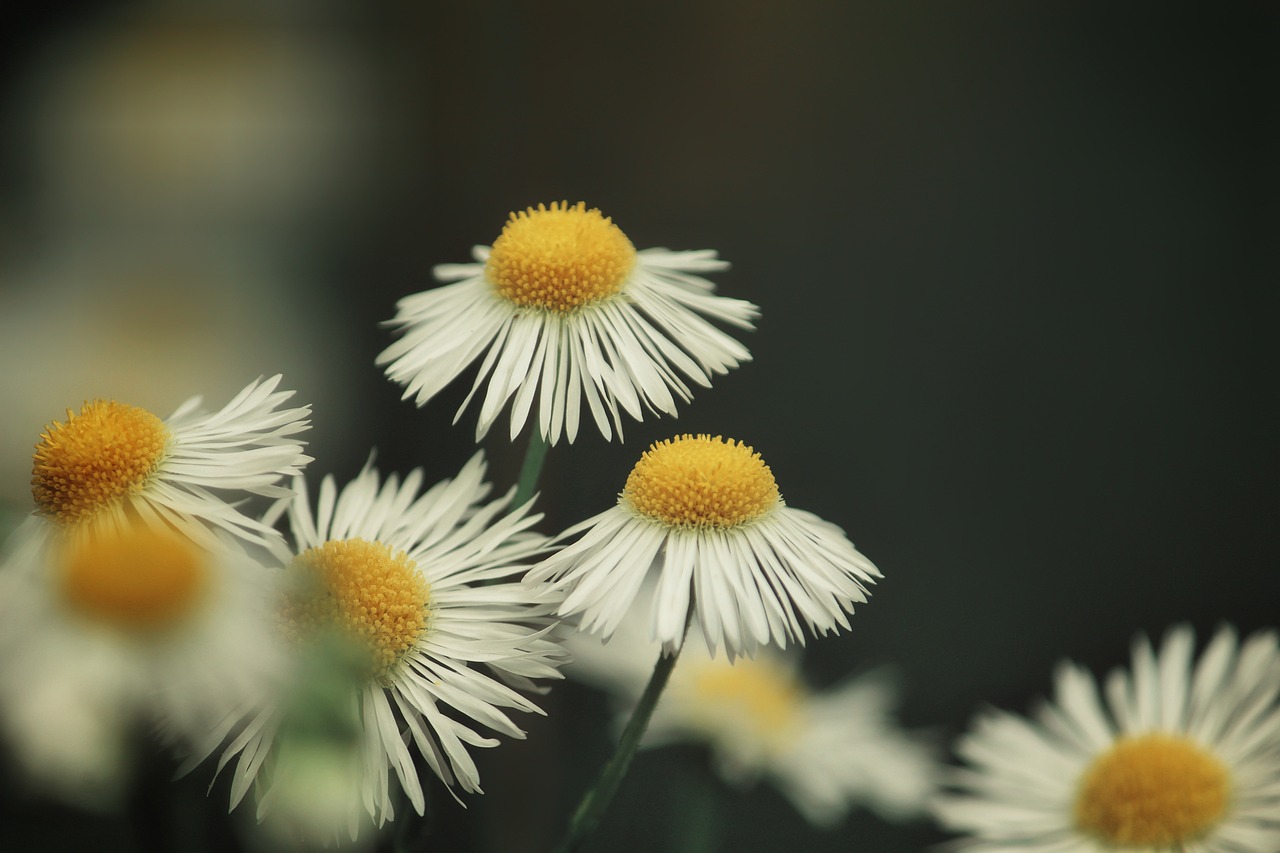Medicinal plants have been used for thousands of years to promote health and well-being. From traditional Ayurvedic remedies to modern Western medicine, plants have played a crucial role in human health. Here are ten common medicinal plants that are used around the world to promote health and healing:
Echinacea:
Echinacea is commonly used to boost the immune system and
treat respiratory infections, colds and flu. It is believed to work by
stimulating the body's immune system, which helps to fight off infections and
reduce the severity of symptoms.
Some studies have suggested that echinacea may be effective in reducing the duration and severity of colds and other respiratory infections. However, more research is needed to confirm these findings and to determine the optimal dosage and duration of treatment.
Ginger:
Ginger has anti-inflammatory and anti-nausea properties and
is often used to treat digestive issues such as nausea, vomiting and
indigestion. It has also been shown to be effective in treating motion sickness
and morning sickness in pregnant women.
In addition to its digestive benefits, ginger has also been
shown to have anti-inflammatory and pain-relieving properties. It may be
helpful in reducing pain and inflammation in conditions such as osteoarthritis
and rheumatoid arthritis.
Turmeric:
Turmeric contains a compound called curcumin, which has
powerful anti-inflammatory and antioxidant properties. It is often used to
treat conditions such as arthritis, digestive issues and skin problems. Some
studies have also suggested that curcumin may have anti-cancer properties,
although more research is needed to confirm these findings.
In addition to its anti-inflammatory and antioxidant
properties, turmeric is also believed to have benefits for brain health. It may
be helpful in improving memory and reducing the risk of Alzheimer's disease.
Aloe vera:
Aloe vera is best known for its use in treating skin
conditions such as sunburns, cuts and abrasions. The gel inside the plant's
leaves contains several bioactive compounds, including polysaccharides and
glycoproteins, which are thought to contribute to its healing properties. Aloe
vera gel is believed to have anti-inflammatory and antibacterial properties,
which may help to reduce pain and inflammation and prevent infection.
In addition to its use in treating skin conditions, aloe
vera has been studied for its potential benefits for digestive health. It is
believed to help promote digestion and relieve symptoms of irritable bowel
syndrome (IBS) and other digestive disorders. Some studies have also suggested
that aloe vera may have anti-cancer properties, although more research is
needed to confirm these findings.
Garlic:
Garlic contains a compound called allicin, which is
responsible for its distinctive smell and taste. Allicin has been shown to have
antibacterial, antiviral and antifungal properties, making it useful in
treating a variety of health conditions. Garlic has been studied for its
potential benefits in reducing cholesterol levels, lowering blood pressure and
preventing blood clots, which may reduce the risk of heart disease. It may also
be helpful in boosting the immune system and preventing or treating the common
cold and other respiratory infections.
In addition to its potential health benefits, garlic is a
flavorful and versatile ingredient in cooking. It can be used in a variety of
dishes, from soups and stews to sauces and marinades. However, it is important
to note that garlic can interact with certain medications, such as blood
thinners and may cause side effects such as heartburn or allergic reactions in
some people.
Chamomile:
Chamomile is commonly consumed as a tea and is believed to
have anti-inflammatory, antioxidant and sedative properties. It has been
studied for its potential benefits in treating a variety of health conditions,
including anxiety, insomnia and digestive disorders such as irritable bowel
syndrome (IBS) and diarrhea. Chamomile may also be helpful in reducing
inflammation and pain, improving skin health and boosting the immune system.
Chamomile contains several bioactive compounds, including
chamazulene, apigenin and bisabolol, which are believed to contribute to its
medicinal properties. Chamomile tea is generally considered safe for most
people, although it may cause allergic reactions in some individuals. It may
also interact with certain medications, such as blood thinners and sedatives,
so it is important to consult with a healthcare professional before using
chamomile for medicinal purposes.
Peppermint:
Peppermint is commonly consumed as a tea or used as an
essential oil and is believed to have several health benefits. It contains a
compound called menthol, which is responsible for its distinctive taste and
smell and has been shown to have analgesic, anti-inflammatory and antispasmodic
properties. Peppermint may be helpful in treating a variety of health
conditions, including digestive disorders such as irritable bowel syndrome
(IBS) and nausea, headaches and respiratory infections such as the common cold.
Peppermint tea and essential oil are generally considered
safe for most people, although they may cause side effects such as heartburn or
allergic reactions in some individuals. It is also important to note that
peppermint oil should not be used on infants or young children, as it may cause
breathing difficulties.
St. John's Wort:
St. John's wort is a plant native to Europe and Asia and has been used for centuries for its medicinal properties. It is known for its potential antidepressant and anti-inflammatory effects.
St. John's wort is commonly consumed as a tea or taken as a
dietary supplement and has been studied for its potential benefits in treating
mild to moderate depression, anxiety and sleep disorders. It contains several
bioactive compounds, including hypericin and hyperforin, which are believed to
contribute to its medicinal properties.
Although St. John's wort is generally considered safe when
used as directed, it may cause side effects such as dry mouth, dizziness and
gastrointestinal symptoms. It may also interact with certain medications, such
as antidepressants and birth control pills and should not be used in
combination with these medications without consulting a healthcare
professional.
Ashwagandha:
Ashwagandha is commonly consumed as a dietary supplement or
taken as a powder or tea and has been studied for its potential effects on
various health conditions. It contains several bioactive compounds, including
withanolides and alkaloids, which are believed to contribute to its medicinal
properties.
Studies suggest that Ashwagandha may help reduce stress and
anxiety, improve sleep quality, boost cognitive function and support immune
function. It may also have potential benefits for treating certain conditions
such as arthritis, diabetes and cancer, although more research is needed in
these areas.
Tulsi (Holy Basil):
Tulsi is commonly consumed as a tea or taken as a dietary
supplement and has been studied for its potential effects on various health
conditions. It contains several bioactive compounds, including eugenol, rosmarinic
acid and ursolic acid, which are believed to contribute to its medicinal
properties.
Studies suggest that Tulsi may help reduce stress and
anxiety, improve immune function and improve respiratory health. It may also
have potential benefits for treating certain conditions such as diabetes, high
cholesterol and arthritis, although more research is needed in these areas.
These ten plants are just a few examples of the many
medicinal plants that exist. They have been used for centuries by people all
around the world to treat a wide range of health conditions. However, it is
important to use these plants safely and effectively. Here are a few tips to
keep in mind:
- Always
consult with a healthcare professional before using any herbal remedies,
especially if you are pregnant, breastfeeding or taking any medications.
- Use
the plants in the correct form, such as teas, tinctures or capsules, as
recommended by a healthcare professional or reputable source.
- Use
the recommended dosage and do not exceed it.
- Always
purchase plants from a reputable source to ensure quality and purity.










Comments
Post a Comment